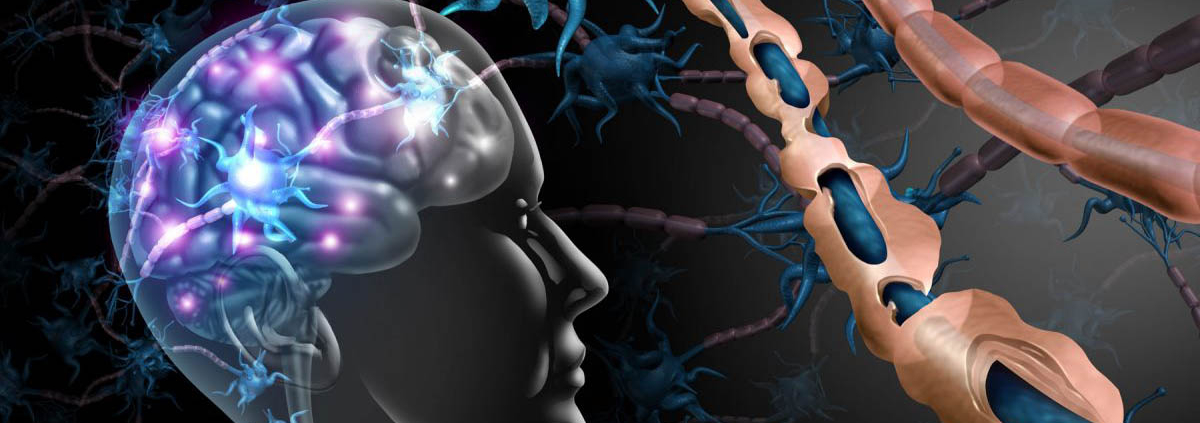Infection with the virus that causes COVID-19 can trigger an immune response that lasts well beyond the initial infection and recovery—even among people who had mild symptoms or no symptoms at all, according to Cedars-Sinai investigators. The findings are published in the Journal of Translational Medicine.
When people are infected with a virus or other pathogen, their bodies unleash proteins called antibodies that detect foreign substances and keep them from invading cells. In some cases, however, people produce autoantibodies that can attack the body’s own organs and tissues over time.
The Cedars-Sinai investigators found that people with prior infection with SARS-CoV-2, the virus that causes COVID-19, have a wide variety of autoantibodies up to six months after they have fully recovered. Prior to this study, researchers knew that severe cases of COVID-19 can stress the immune system so much that autoantibodies are produced. This study is the first to report not only the presence of elevated autoantibodies after mild or asymptomatic infection, but their persistence over time.
Some of the autoantibodies have been linked to autoimmune diseases that typically affect women more often than men. In this study, however, men had a higher number of elevated autoantibodies than women.
Release date: 03 January 2022
Source: Cedars-Sinai Medical Center


